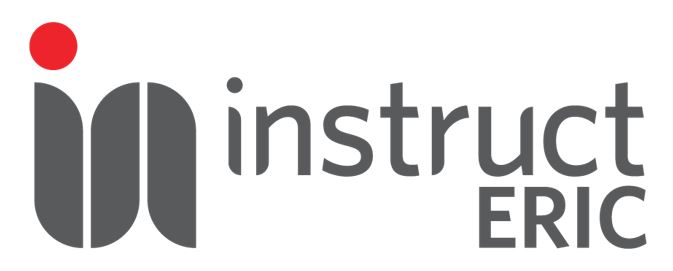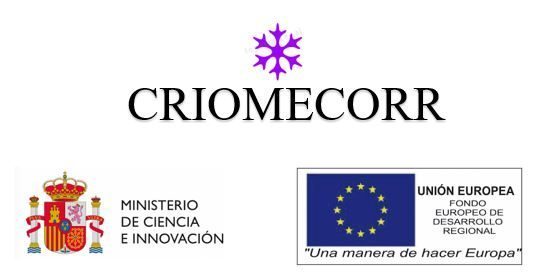Dates: October 30-31, 2025
Venue: hybrid
National Center for Biotechnology (CNB), Madrid, Spain.
Madrid, October 30 – 31, 2025
Contact Us – I2PC – Instruct Image Processing Center
Aim:
The aim of this meeting is to gather feedback and showcase how different facilities are using Scipion, demonstrating its capabilities and benefits for Cryo-EM centers. The event will feature talks and ample time for discussion, aiming to share experiences with Scipion, discuss operational methodologies, and highlight new developments that can enhance our community’s daily workflow.
Conditions:
The workshop will be held on October 30 and 31 at the Spanish National Centre for Biotechnology (CNB) in Madrid, Spain. It can be attended either in person or remotely. No programming skills are required. We will use the CSIC Conecta video conferencing system for the online sessions — please verify your browser works at https://conecta.csic.es/.
Program:
We start the day at:
AGENDA
| Thursday 30th October – Hybrid | |
|---|---|
| 10:00 – 10.30 | Welcome and assistant’s introduction |
| 10:30 – 11:00 | An Unattended Image Processing Pipeline for On-the-Fly Quality Assessment and 3D Exploration in Cryo-EM – Daniel Marchán (CNB-CSIC, Madrid) |
| 11:00 – 11:30 | Deployment of Scipion in clusters (with and without containers) – Lola Sánchez and Mikel Iceta (CNB-CSIC, Madrid) |
| 11:30 – 12:00 | Coffee break |
| 12:00 – 12:30 |
Enhancing screening in acquisition time scipion-em-smartscope – Alberto García (CNB-CSIC, Madrid) |
| 12:30 – 13:00 |
nextPYP: a web-based platform for monitoring cryo-EM and cryo-ET sessions in real-time – Alberto Bartesaghi (Duke University – Computer Science and Biochemistry) |
| 13:00 – 14:00 | Lunch |
| 14:00 – 14:30 | FAIR data collection with the Open Science Community for Electron Microscopy (OSC-EM) metadata standard – Spencer Bliven (Paul Scherrer Institute) |
| 14:30 – 15:00 | Facilitating cryo-EM single-particle and tomography data analysis with EMhub – José Miguel de la Rosa Trevin (St. Jude Children’s Research Hospital, Memphis) |
| 15:00 – 15:30 | The CryoEM CNB-CSIC facility setup: EMhub, iRODS, OSCEM – Lola Sánchez and Irene Sánchez (CNB-CSIC, Madrid) |
| 15:30 – 16:00 | Discussion and conclusions |
| Friday 31st October – Hybrid | |
| 10.00 – 10:30 | Live image processing with ScipionTomo for facilities – José Luis Vilas and Jorge Jiménez (CNB-CSIC, Madrid) |
| 10:30 – 11:00 | Balancing CryoSPA and CryoET: Building Skills and Innovation in a BSL-2 Facility – Carolin Seuring (Cryo-EM Technology Platform at CSSB Hamburg) |
| 11:00 – 11:30 | Four years of progress at the cryo-EM facility of Switzerland – Emiko Uchikawa (Dubochet Center for Imaging (DCI), Lausanne) |
| 11:30 – 12:00 | Using Scipion in SBGrid – Estrella Fernández (SBGrid Consortium, Boston) |
| 12:00 – 12:30 | Coffee break |
| 12:30 – 13:00 | Cryo-EM in CNPEM – Rodrigo Villares Portugal (CNPEM, Campinas) |
| 13:00 – 13:30 | Advancing Cryo-EM Services at ESRF with Scipion – Isai Kandiah (ESRF, Grenoble) |
| 13:30 – 14:00 | Discussion and conclusions |
| 14:00 | Lunch |
Registration will be free for all attendeess
Further details, such as class locations, meeting links, title updates, and instructions for reaching the centre, will be provided in the weeks leading up to the workshop.










